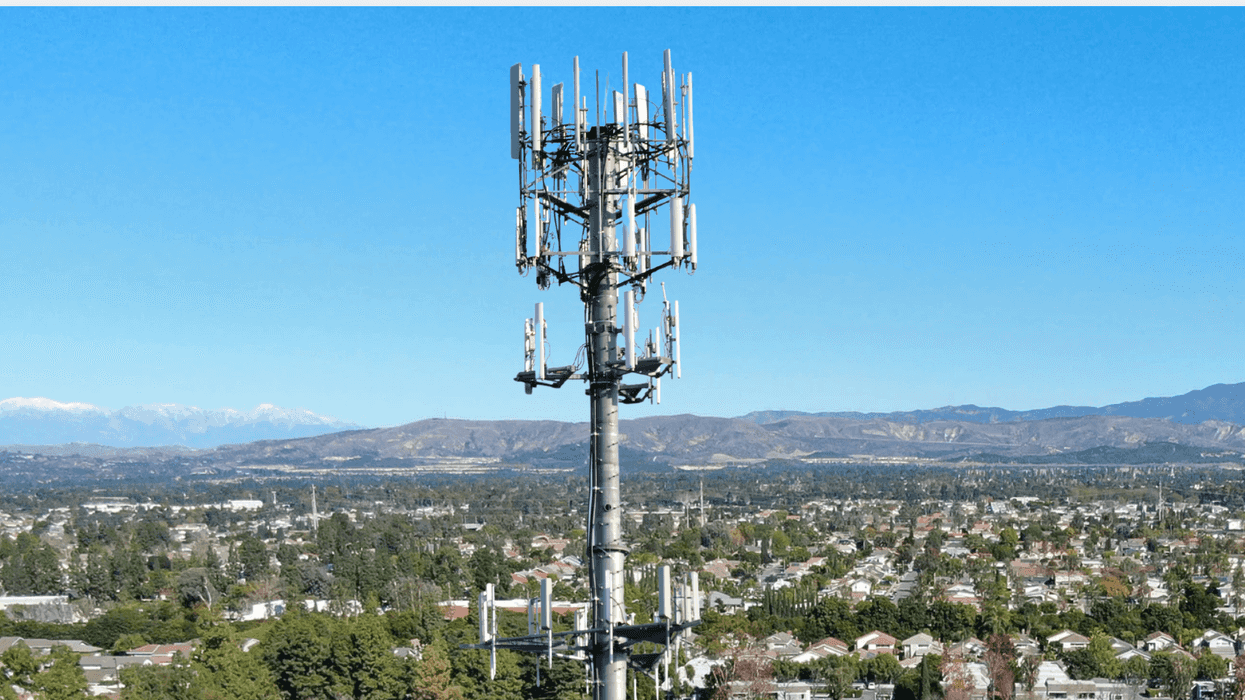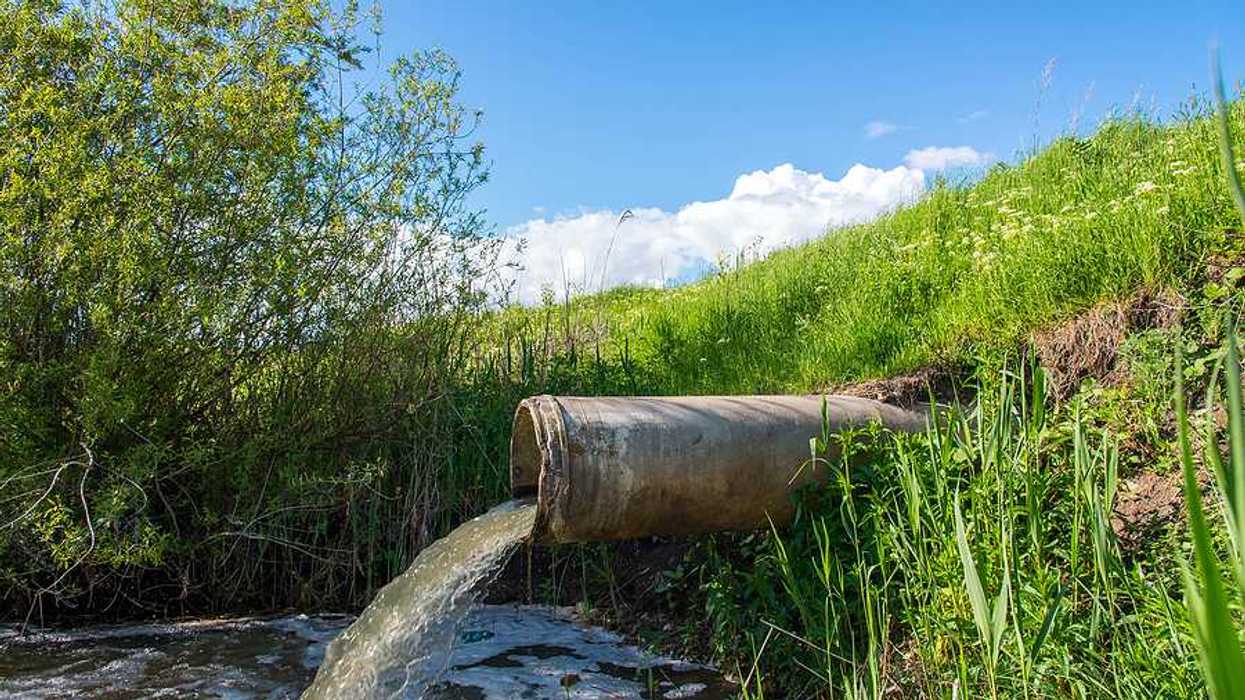A recent study published in The American Journal of Gastroenterology found that children who adopted a gluten-free (GF) diet after being diagnosed with celiac disease had significantly increased arsenic exposure after only six months.
In short:
- Rice, which naturally accumulates arsenic from the soil, is commonly used as a grain substitute in GF products.
- After just six months on a GF diet, children’s arsenic levels increased by as much as 5-fold.
- Levels of four other metals – cobalt, nickel, strontium and barium – increased as well.
Key quote:
“More research needs to be done to determine whether there are long-term effects of this bump, but overall, I think it speaks to the importance of diversifying the grains in the gluten-free diet.”
- Study author Dr. Nan Du, via direct correspondence with EHN
Why this matters:
Arsenic is a toxic pollutant that causes many adverse health effects, including increased rates of cancer and mortality. While the arsenic exposure detected in this study is well below levels considered to be acutely toxic, metals like arsenic can bioaccumulate over time, putting children at risk of harm from long-term exposure. The authors of this study emphasize the need for further research and patient education around the links between GF diets and arsenic, particularly since a lifelong GF diet is the only treatment available for celiac disease.
Related EHN coverage:
- Agricultural plastic linked to build up of harmful chemicals in wheat
- Electronic medical records can help bridge the gap between environmental hazards and healthcare
More resources:
- University of Sheffield: New way of cooking rice removes arsenic and retains mineral nutrients, study shows
- Dartmouth Toxic Metals Superfund Research Program: Arsenic in rice and rice products
Du, Nan et al. for The American Journal of Gastroenterology. Oct. 9, 2024
- Could dry-farming wheat in San Diego seed a local grain economy? ›
- Amanda Zaluckyj: Food labels mislead consumers ›

















